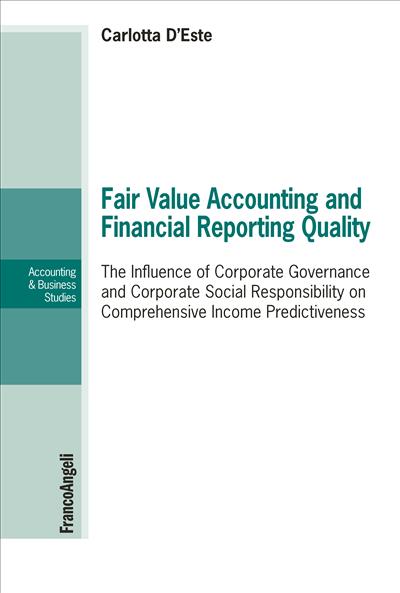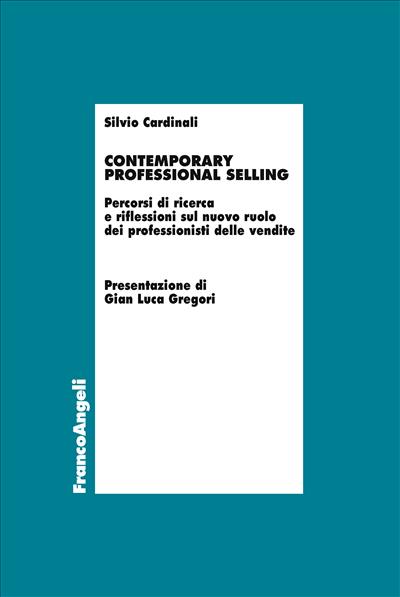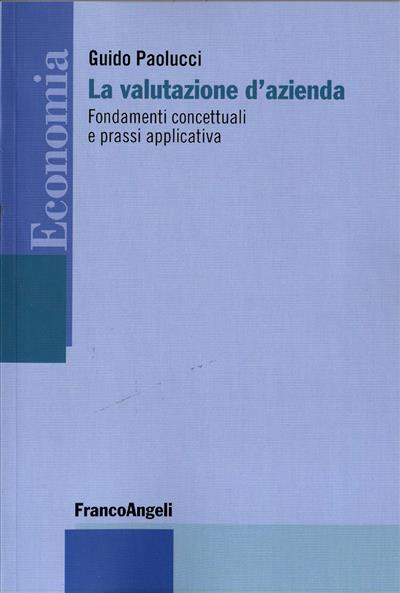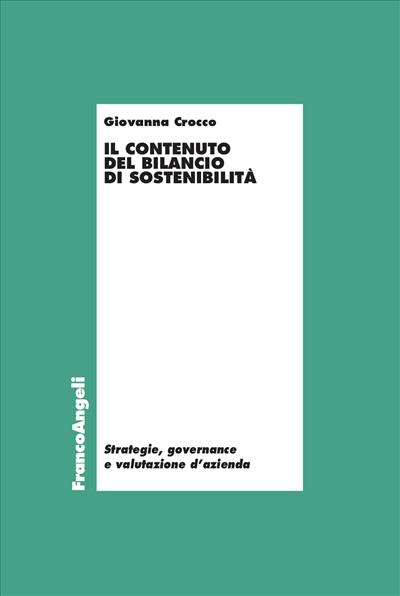
Fair Value Accounting and Financial Reporting Quality
The Influence of Corporate Governance and Corporate Social Responsibility on Comprehensive Income Predictiveness
The process of international accounting harmonization represents a key response to the growing demand for transparency and corporate disclosure. Central to this process is the identification of what constitutes information useful for decision-making, a question that continues to fuel debate among academics, regulators, and practitioners. A primary focus of this debate is the role of fair value accounting and Comprehensive Income Reporting. This book explores the tension between relevance and reliability that arises from the need to balance the inherently judgment-driven nature of accounting processes with the imperative to protect the interests of third parties, focusing specifically on the implications of fair value measurements for corporate performance data and their information content.
Pagine: 232
ISBN: 9788835173632
Edizione: 1a edizione 2025
Codice editore: 368.28
Disponibilità: Discreta
Pagine: 232
ISBN: 9788835181958
Edizione:1a edizione 2025
Codice editore: 368.28
Possibilità di stampa: No
Possibilità di copia: No
Possibilità di annotazione: No
Formato: PDF con DRM Readium LCP
Pagine: 232
ISBN: 9788835182429
Edizione:1a edizione 2025
Codice editore: 368.28
Possibilità di stampa: No
Possibilità di copia: No
Possibilità di annotazione: Sì
Formato: ePub con DRM Readium LCP




